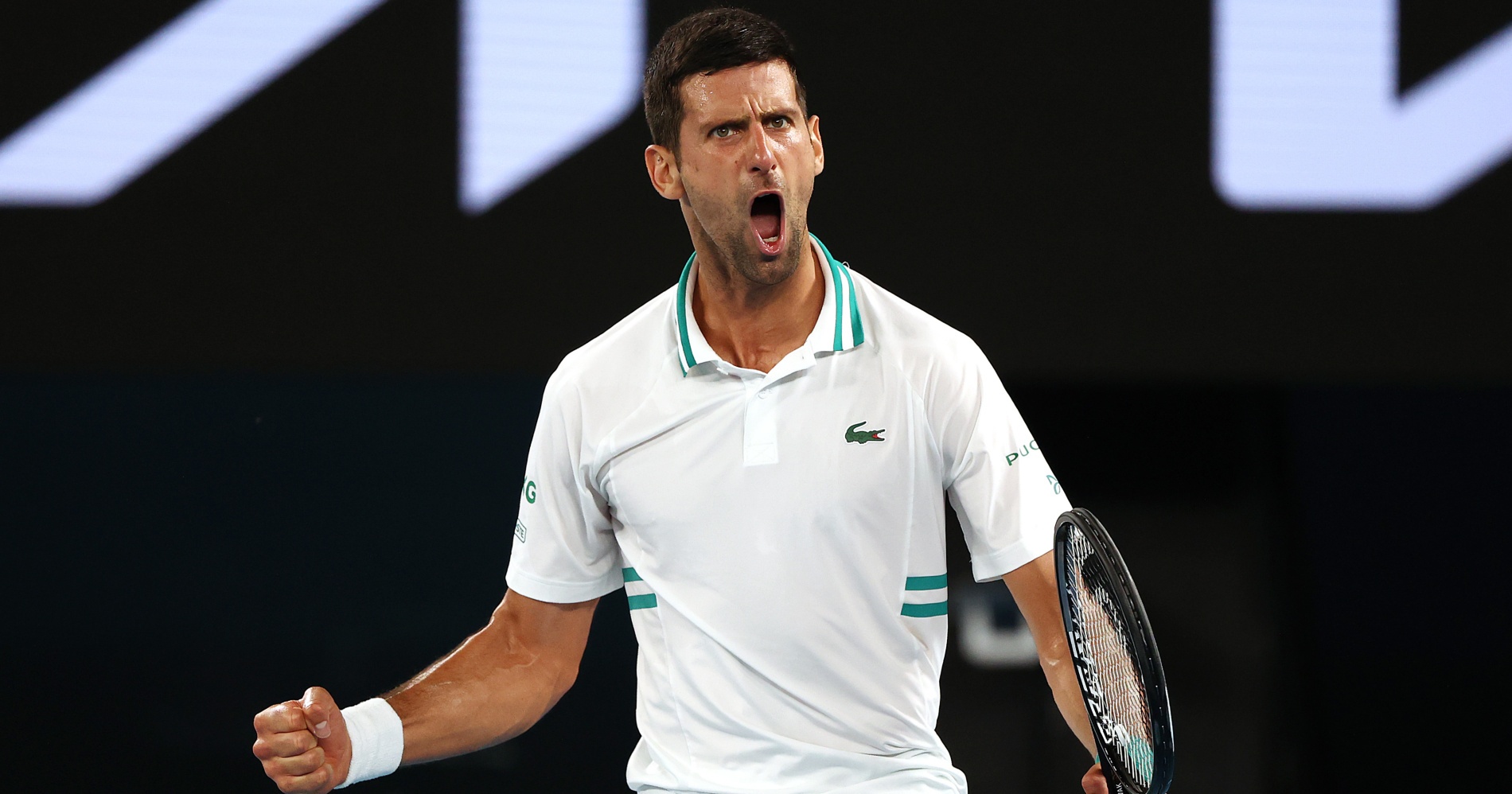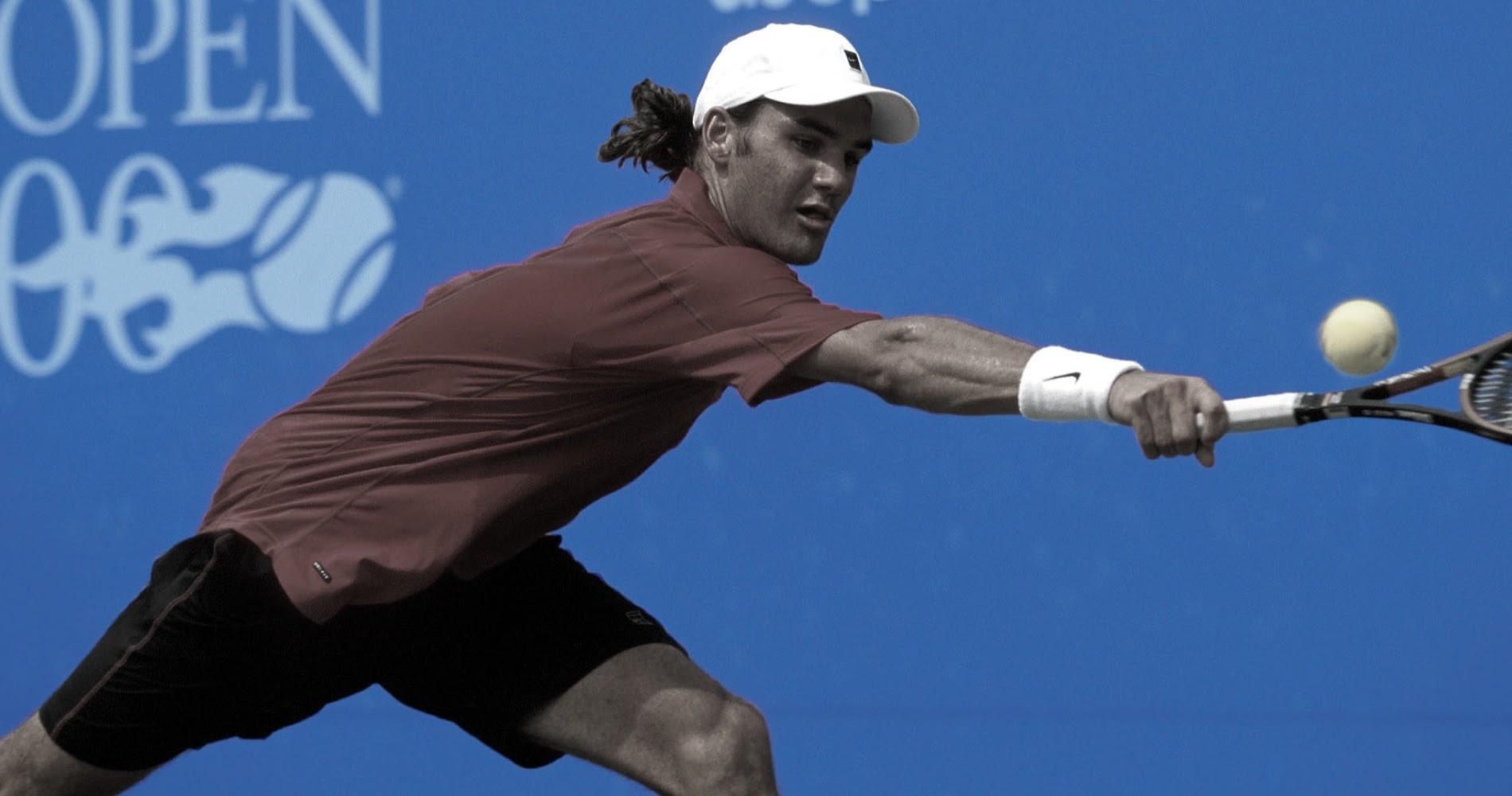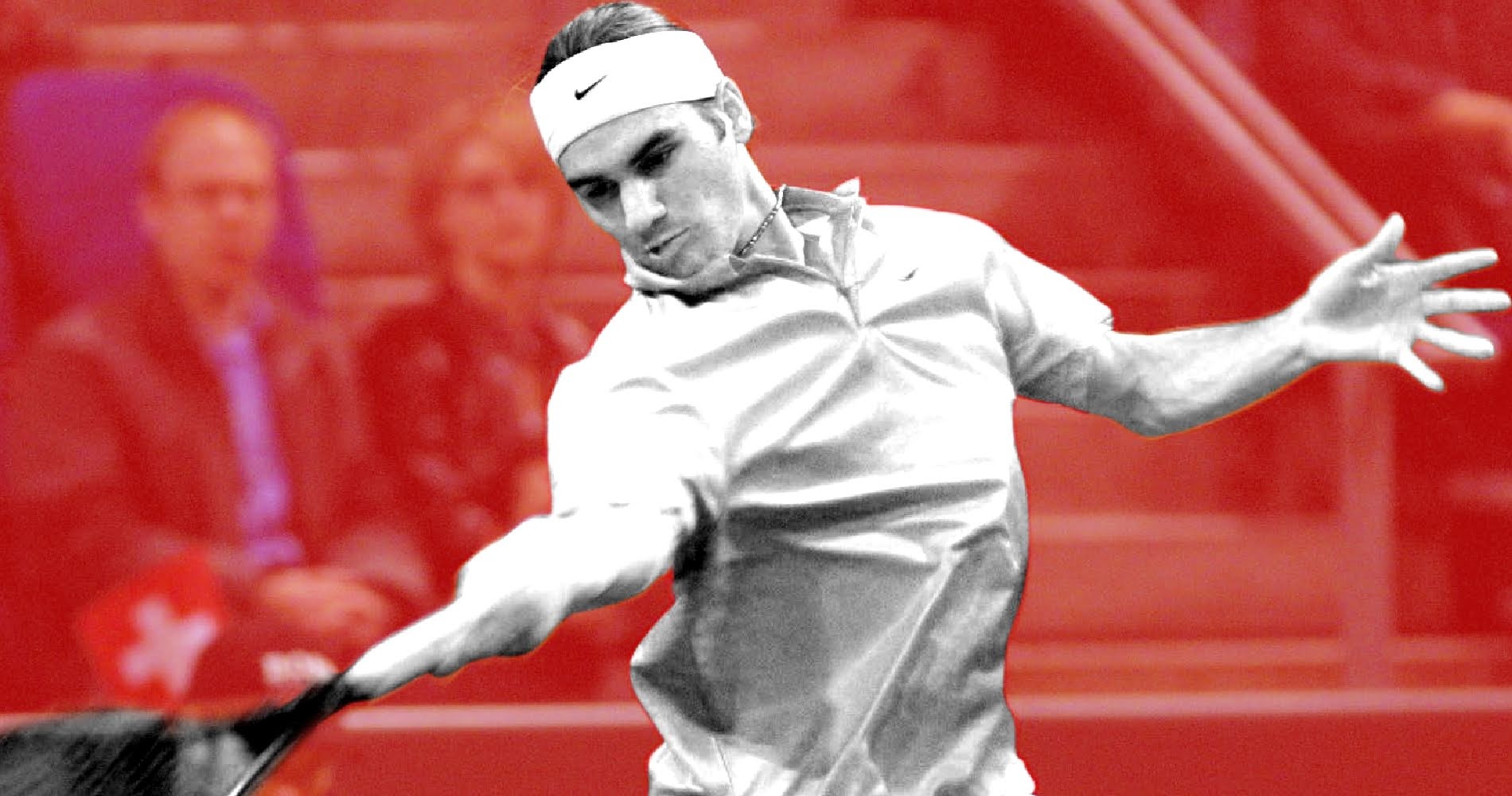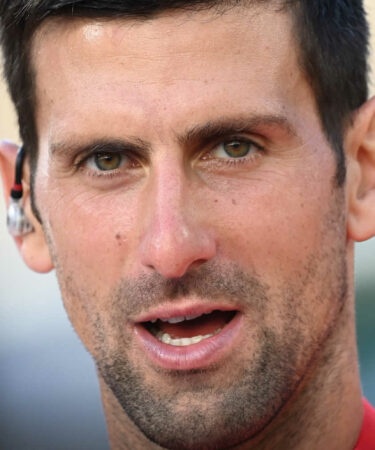February 26, 2007: The day Roger Federer broke record for most consecutive weeks at No 1
Each day, Tennis Majors takes you back in time to a historic moment in tennis. On this day in 2007, Roger Federer broke the record for most consecutive weeks spent at No 1 in the ATP rankings, surpassing Jimmy Connors’ record of 160 weeks
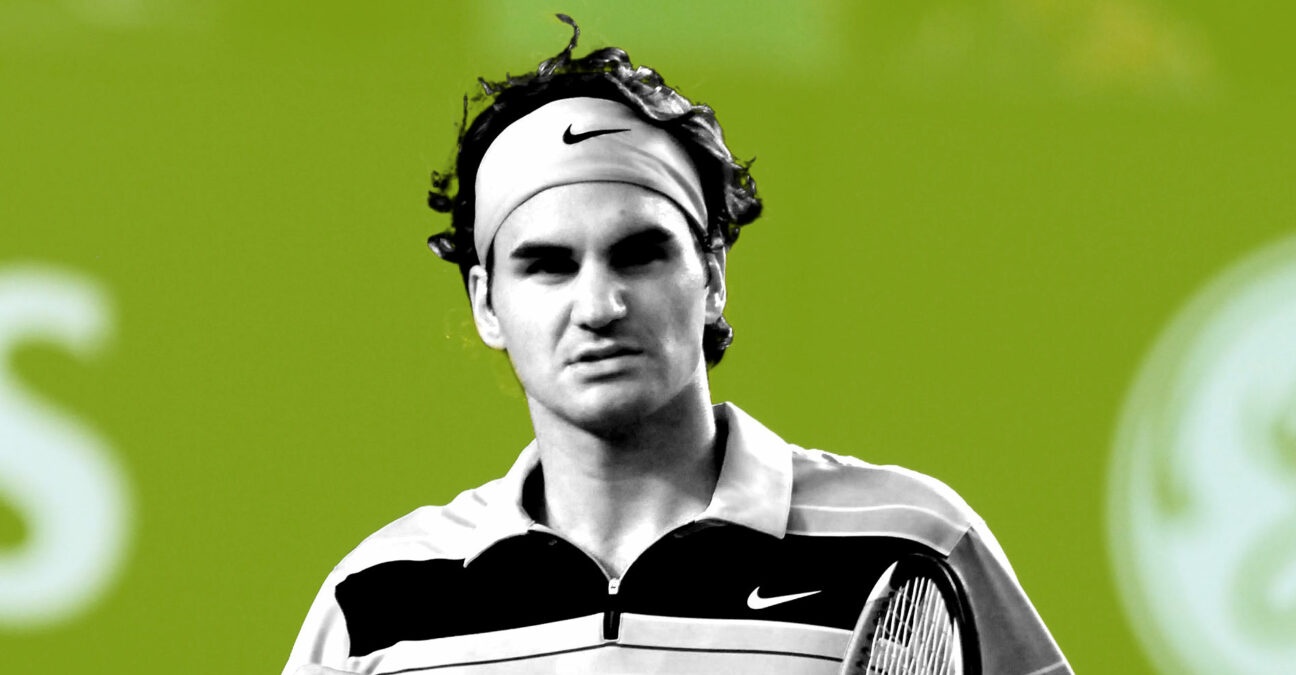 Roger Federer OTD February 26
Roger Federer OTD February 26
What happened exactly on that day
On this day, February 26, 2007, Roger Federer began his 161st consecutive week as the world’s top-ranked player. No 1. That broke Jimmy Connors’ record of 160 weeks for the longest uninterrupted reign as world No 1 in men’s tennis. Federer had reached the pinnacle of his sport on February 2, 2004, and he wouldn’t be overtaken until August 2008 – having held the top spot for 237 consecutive weeks – an all-time record across both the men’s and women’s game.
The players: Roger Federer
- Roger Federer: Swiss genius
Roger Federer, the Swiss genius who was 26 years old in 2007, had been world No 1 without a break since February 2, 2004. He had performed well since his first steps on the pro tour. His incredible game left the world of tennis awestruck and soon he was tipped as a potential world No 1. Expectations grew even bigger after he, at the age of 19, defeated seven-time Wimbledon champion Pete Sampras in the fourth round of the 2001 Championships (7-6, 5-7, 6-4, 6-7, 7-5). However, a young Federer was still very emotional on court and didn’t cope very well with this pressure. Entering the top 10 in June 2002, his records in major events didn’t yet match his talent; in his first 16 Grand Slam appearances, he never made it past the quarter-finals. His biggest disappointment was a first-round loss at Roland-Garros 2003, when he lost in straight sets to Luis Horna, ranked No 88 in the world.
Perhaps that loss awoke the champion in him. One month later, he claimed his first Grand Slam title at Wimbledon, defeating Mark Philippoussis 7-6, 6-2, 7-6 in the final. From there, his confidence and his hold on the tour went on to grow relentlessly; in the 2003 Masters Cup final, he delivered a masterclass to destroy Andre Agassi (6-3, 6-0, 6-4) and even though he finished the year as world No 2 behind Andy Roddick, most of the pundits agreed to say that it was just a matter of time before he would reach the world No 1 position.
The Swiss achieved that feat just a few weeks later when he triumphed at the Australian Open, defeating Marat Safin 7-6, 6-4, 6-2 in the final to claim a second Grand Slam title. Since then, he won eight other Slams prior to breaking the consecutive weeks at No 1 record: the Australian Open (2006, 2007), Wimbledon (2004, 2005, 2006,) and the US Open (2004, 2005, 2006). Federer also won the Masters Cup in 2004 and 2006. At the start of 2007, he was the undisputed world No 1 and was getting close to Connors’ record of 160 consecutive weeks as world No 1.
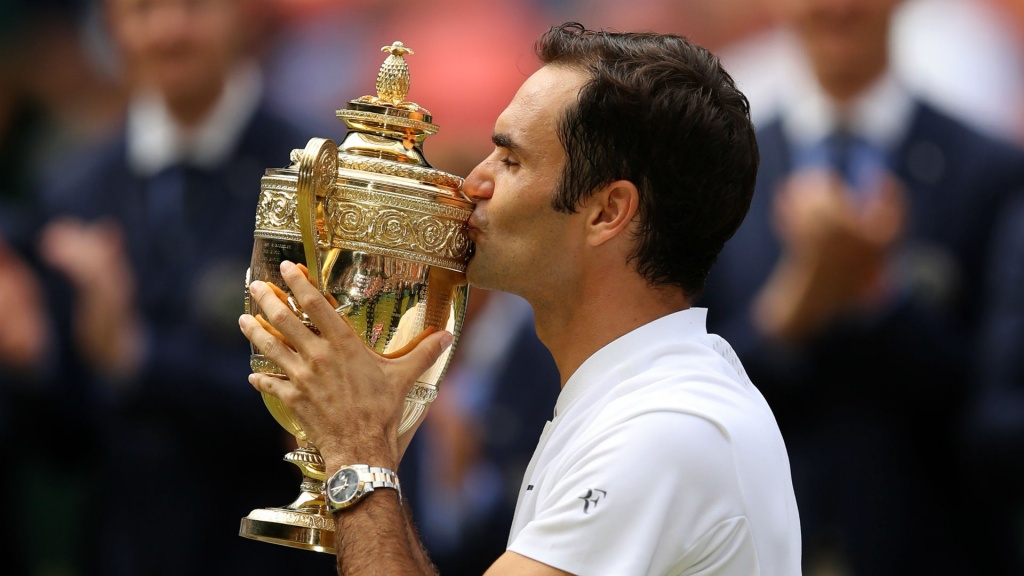
The place: The Dubai Duty Free Championships
The Dubai Duty Free Championships were established in 1993. Held every winter on hard courts, it soon became a prestigious event, won by some great players in the 1990s including Goran Ivanisevic (1996) and Thomas Muster (1997). Federer claimed the title three times in a row (2003-2005) before being stopped in the 2006 final by Rafael Nadal (2-6, 6-4, 6-4).
The facts: Federer breaks a record that had been unbeaten since 1977
In 2006, his best year, Federer claimed 12 titles, including three Grand Slams, four Masters Series, and the Masters Cup. He had a record of 92 wins and only five losses, four of these against his only serious rival at the time, Nadal. The Spaniard was the main reason Federer hadn’t won the French Open yet; Federer lost to Nadal in the semi-finals in 2005 (6-3, 4-6, 6-4, 6-3) and in the final in 2006 (1-6, 6-1, 6-4, 7-6) and 2007 (6-3, 4-6, 6-3, 6-4). However, no matter how fierce their rivalry was, in the mid-2000s, Nadal’s results on faster surfaces were not good enough to allow him to challenge Federer for the world No 1 spot.
Federer started 2007 by winning the Australian Open for his 10th Grand Slam title without dropping a single set (a feat that hadn’t been achieved in a men’s Grand Slam event since Bjorn Borg in 1980). He defeated Chile’s Fernando Gonzalez 7-6, 6-4, 6-4 in the final.
On February 26, 2007, Federer began his 161st consecutive week as world No 1, breaking Jimmy Connors’ record of 160 weeks, which had been unbeaten since 1977. It did not come as a surprise for the Swiss since it was apparent a few weeks earlier itself that he would break the record.
“It was very special, of course and I knew I would break the record since I beat Andy (Roddick) at the Masters Cup in Shanghai (in November),” Federer said, “and I have been looking forward to it.“
The undisputed world No 1 was in Dubai at the time, ready to compete in the first round against Kristian Pless — whom he defeated 7-6, 3-6, 6-3. An on-court ceremony was held in his honour before the match.
“It’s a great day and I slept in and everything, and got nice presents. And I was very happy that I could celebrate it with this win. I don’t know if I can stay at this position – it requires a lot of hard work.
“I am profoundly proud of not only being able to compete with my opponents today, but also with history,” Federer told his official website. “161 weeks is a long time and being able to lead this statistic from now on is a terrific feeling. As you can imagine it has taken a lot to come this far. This record is special to me. Even if I lost [the world No 1 spot], it would still take someone more than three years to beat it.”
As a sign of the incredible fame achieved by Federer, the Swiss postal service announced that he would be gracing the country’s one-franc stamp starting on April 10.
What next? Federer would extend the record to 237 weeks
In Dubai, Federer would claim his 47th title, defeating Mikhail Youzhny 6-4, 6-3 in the final. He would remain world No 1 until August 2008, when he was overtaken by Rafael Nadal. Federer would reclaim the top spot several times in the following years, setting a record of 310 total weeks as world No 1. This record was beaten by Novak Djokovic in 2021, but the Serb did not come close to the run of 237 consecutive weeks spent by Federer at the top of the ATP rankings between 2004 and 2008.

